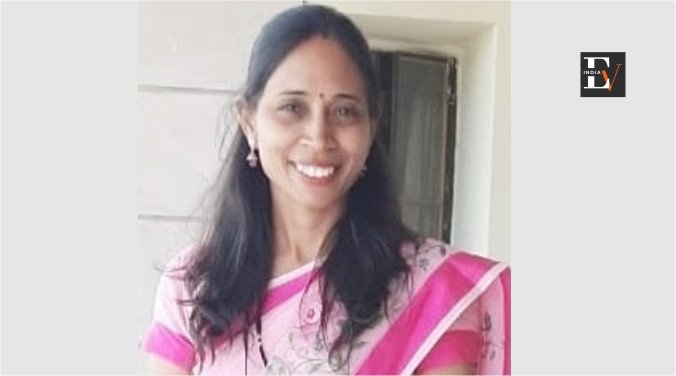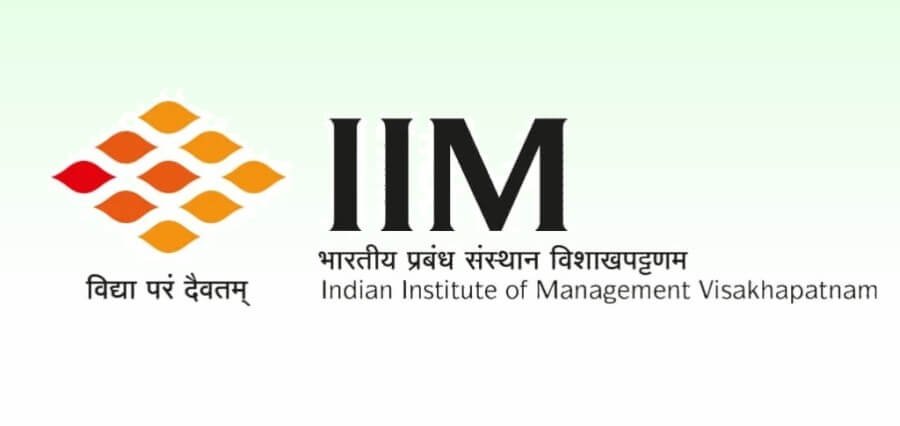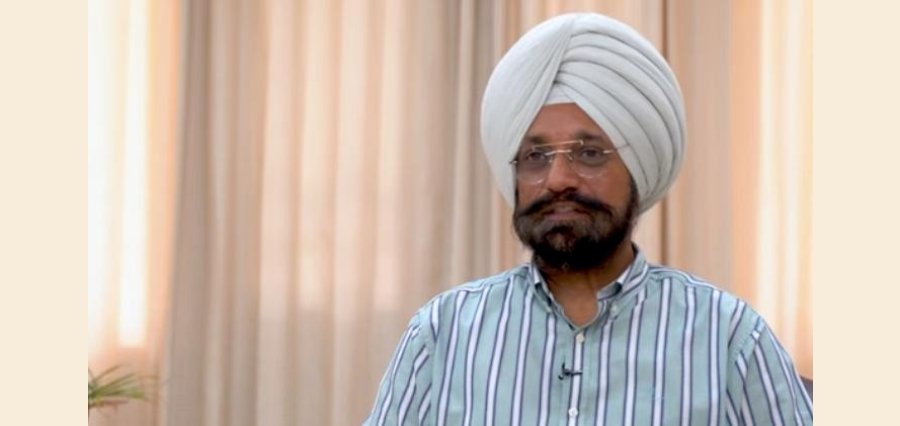Within the educational environment, teaching and mentorship are viewed as active, growing processes that go far beyond the simple transmission of knowledge. Academic instructors focus on academic instruction and guiding students toward their fullest potential, nurturing their curiosity and cultivating a lifelong commitment to learning. Education is seen as a transformative journey—one that opens doors to opportunities and shapes individuals into thoughtful, capable and ethical leaders. In this context, the role of a mentor extends to both academic guidance as well as support for personal and professional growth.
Mentors like Dr Rekha Jain, Assistant Professor at Manipal University Jaipur, embody the belief in personalized learning. Recognizing that each student brings unique strengths, challenges and aspirations, she tailors her mentorship to meet individual requirements, empowering students to take ownership of their learning journey. This student-centered approach unlocks their potential and fosters a mindset that sees education as a lifelong pursuit.
Dr Rekha’s mentorship nurtures both intellectual and emotional intelligence, going beyond academic guidance. She emphasizes the cultivation of ethical decision-making, resilience and critical thinking—skills that will serve students well long after their academic careers. By integrating real-world connections into her teaching, she ensures that learning is not only relevant and meaningful but also directly applicable to students’ lives and future careers. Through this comprehensive approach, she aims to prepare students for professional success while inspiring them to become compassionate, globally aware and adaptable leaders.
A Passion for Learning and Transformation
Dr Rekha’s journey into academia began with a curiosity and passion for learning. From a young age, she was fascinated by how knowledge could unlock new perspectives and possibilities. This curiosity led her to pursue higher education in subjects that ignited her passion, inspired by mentors who made learning come alive and helped her view it as a lifelong journey.
Throughout her academic path, Dr Rekha has been driven by the belief that education has the power to transform lives. She is motivated by the idea that knowledge can open doors and empower individuals and she strives to be part of this transformative process. Her inspiration continues to come from her students, peers and the advancing field of education.
Each student’s unique story motivates her to help unlock their potential, while the changing educational sector pushes her to stay adaptable and open to new ideas. Committed to continual learning, she aims to better serve her students and contribute to their success.
Approaching Time Management and Goal Setting
Dr Rekha enhances her productivity by setting clear priorities and goals across her professional life. She defines top priorities in teaching, research and personal time, creating structured daily and weekly plans for lesson planning, grading and other tasks. To optimize efficiency, she batches similar tasks and uses time management tools like Google Calendar and task apps to track deadlines and progress.
She focuses on high-impact tasks, ensuring her teaching and research align with her overall goals. She prioritizes research projects that support her academic interests, creating a cohesive, productive approach to both her professional and personal commitments.
Strategies for Connecting Lessons to Real-life
Dr Rekha uses diverse teaching strategies to boost engagement and deepen learning. She incorporates Active Learning through group discussions and problem-solving tasks, fostering critical thinking. Technology Integration makes learning interactive, while the Flipped Classroom model shifts lectures outside class, allowing more interactive in-class activities. She connects lessons to real life with relevant examples and case studies.
She promotes Student-led Learning by giving students opportunities to lead discussions or present topics, empowering them and enhancing their ownership of the learning process. These strategies create a dynamic, student-centered classroom.
Empowering Students through Innovative Teaching
Dr Rekha is committed to continuous learning, attending workshops, conferences and online courses to stay updated on emerging trends and technologies. She also reads industry literature and experiments with new teaching techniques to enhance her practice.
Apart from academics, she contributes to government initiatives by translating materials into regional languages, making content more accessible and relevant to a wider audience. This dedication to professional development ensures she remains adaptable, responsive to her students’ needs and at the forefront of her field.
Building Trust and Confidence in the Classroom
Dr Rekha’s teaching philosophy emphasizes a student-focused, growth-oriented environment that fosters curiosity, independence and a love for learning. She promotes inquiry-based learning, encouraging students to explore concepts critically and deeply. She cultivates a collaborative classroom culture where students engage with each other, sharing ideas and learning cooperatively.
She connects classroom material to real-world applications, helping students understand its relevance beyond school. Empowering students with choices and responsibilities fosters ownership of their learning. Above all, she creates a respectful, safe and supportive environment where every student feels valued, building trust and confidence in their academic journey.
Techniques for Promoting Critical Thinking Skills
Dr Rekha envisions a future of education centered on personalized learning, where students progress at their own pace, based on their unique needs and strengths. She believes education must evolve to support lifelong learning, equipping students with skills in adaptability, critical thinking and collaboration to navigate an advancing job market.
She also emphasizes the importance of integrating global perspectives into teaching, promoting empathy and a broader awareness of world issues. This might include virtual exchanges, global projects and contextual learning to help students develop a well-rounded view of the challenges and opportunities they will face.
The Role of Organization in Effective Teaching
Dr Rekha offers key advice for educators, emphasizing the importance of building strong relationships with students to create a positive learning environment. She stresses the need for organization and effective classroom management to ensure focused instruction. Collaboration with colleagues is also crucial, as sharing resources and strategies enhances both student outcomes and professional growth.
She encourages teachers to practice self-compassion, acknowledging the demands of the profession. She advises celebrating both big and small successes and setting clear boundaries to maintain a healthy work-life balance, ensuring long-term passion and effectiveness in teaching.





